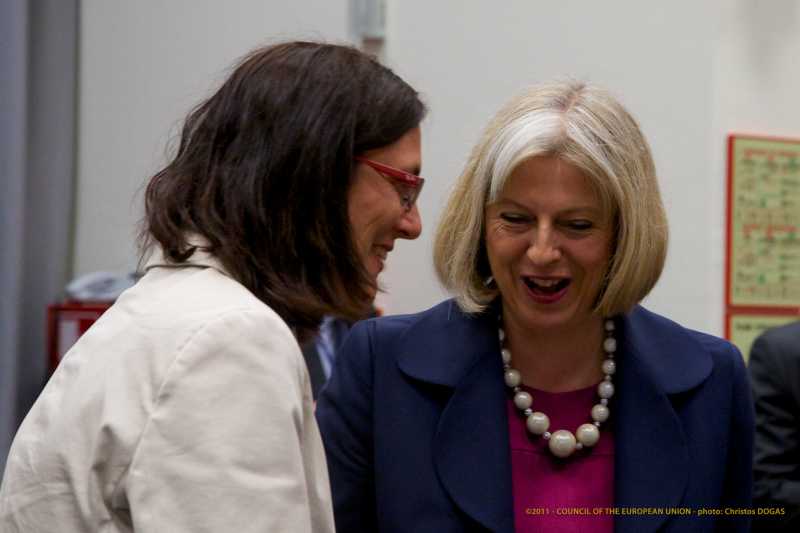
The British government will introduce new legislation to jail husbands who keep their wives downtrodden, the Teelgraph reported. Theresa May, the Home Secretary, published proposals for a new offence of “domestic abuse” designed to criminalise men who bully, cause psychological harm or deny money to their partners. The law would make the worst cases of non-violent “controlling behaviour” a jailable offence.
Exact terms of the offence are yet to be defined, but it could involve humiliating, frightening or intimidating a partner, keeping them away from friends or family or restricting their access to money.
A 15-page consultation document issued by the Home Officethat there would have to be a “pattern” of abuse to trigger a prosecution.
It comes after the Government unveiled a “Cinderella” law earlier this year which will see parents who starve their children of love and affection being prosecuted for “emotional cruelty”.
Both proposed offences mark a significant incursion by the State into what have previously been regarded as private affairs.
Mrs May said she was clear that domestic abuse was “not just about violence”. “Within every community there are people living in fear of those closest to them,” she said.
“The terrifying reality is that for the most part these appalling crimes happen behind closed doors. We must bring domestic abuse out into the open and send a clear message that it is wrong to put your partner or your family in fear.”
Although the new domestic abuse offence is mainly designed to protect wives and girlfriends from male partners who intimidate them, it will apply equally to men being targeted by women. The Home Office said 16 per cent of men admit to being victims of domestic abuse during their lifetimes compared with 30 per cent of women, according to research.
A Home Office spokesman said the crime would be prosecuted “along the same lines” as anti-stalking and harassment offences. Under those laws, there must have been at least two occasions when the victim was caused distress.
She added that the worst cases of domestic abuse, where there was intimidation “over a long period of time”, would carry a jail term, although no maximum sentences had yet been drawn up.
Less serious examples are likely to be dealt with by community orders or fines.
The number of domestic abuse cases referred by police for prosecution reached a record high of 103,500 last year.
Conviction rates for this type of crime have increased from just under 60 per cent in 2005-06 to nearly 75 per cent in 2013-14, according to the Home Office. Polly Neate, the chief executive of Women’s Aid, said: “This is a vital step forward for victims of domestic violence.